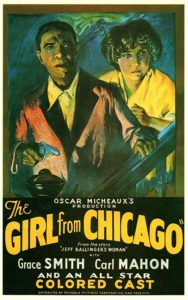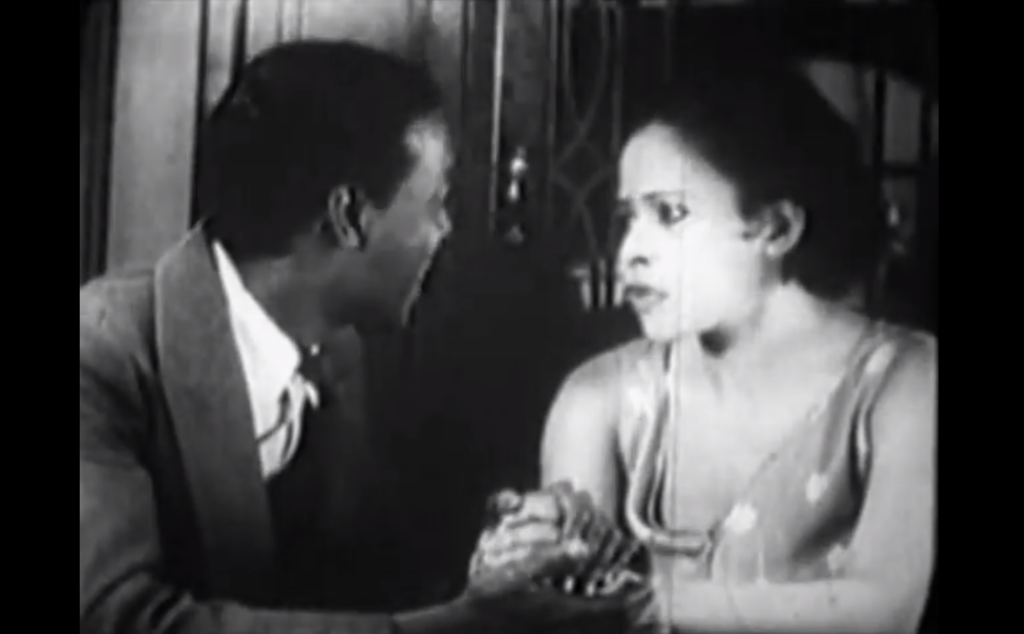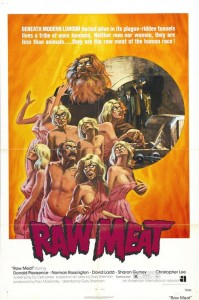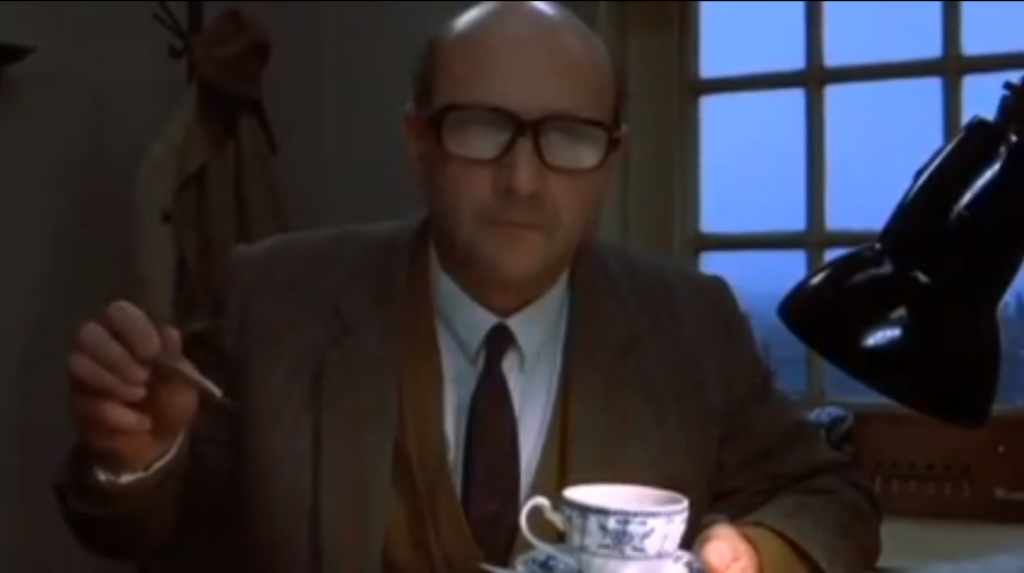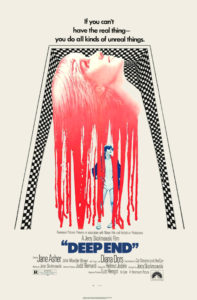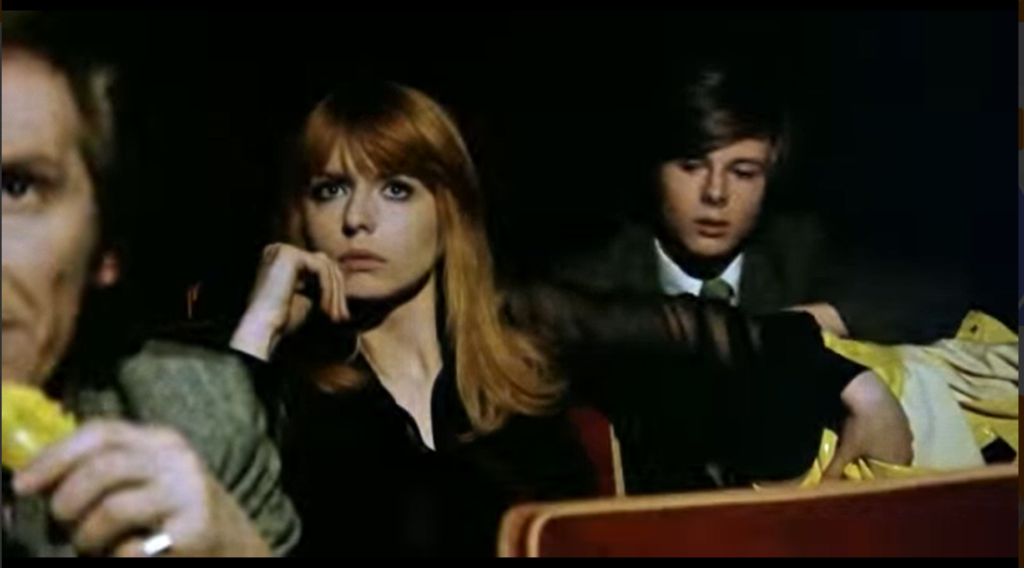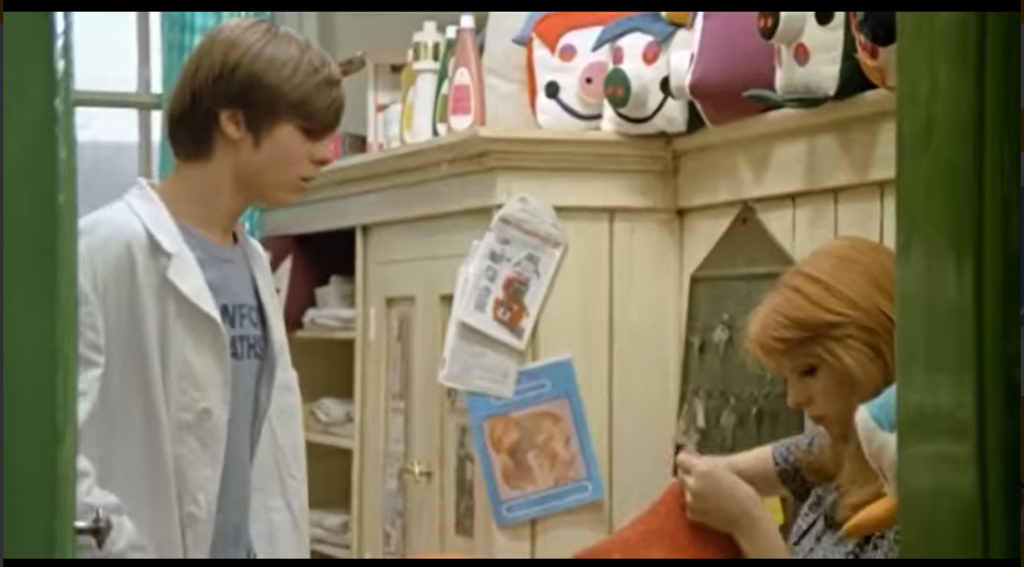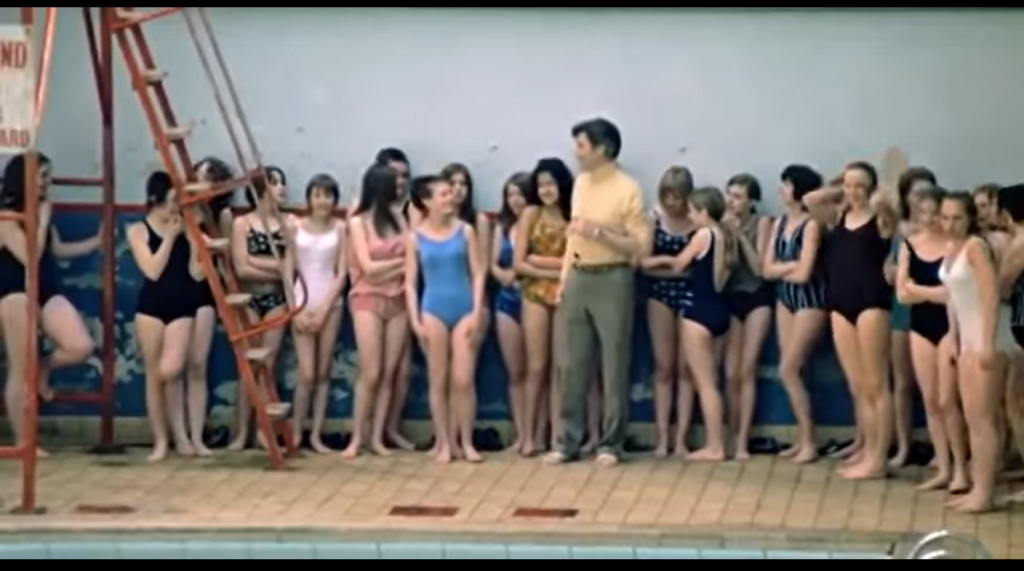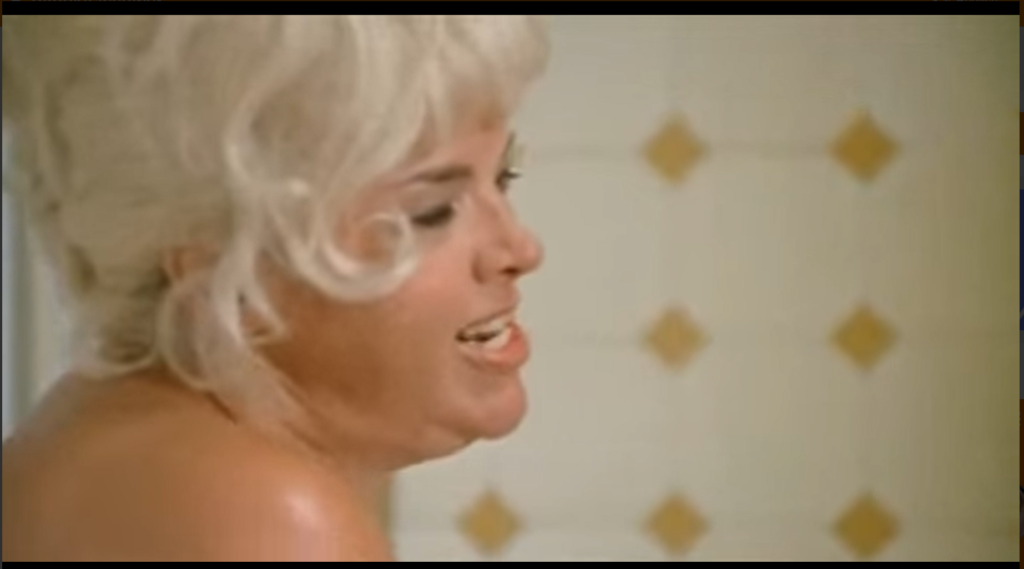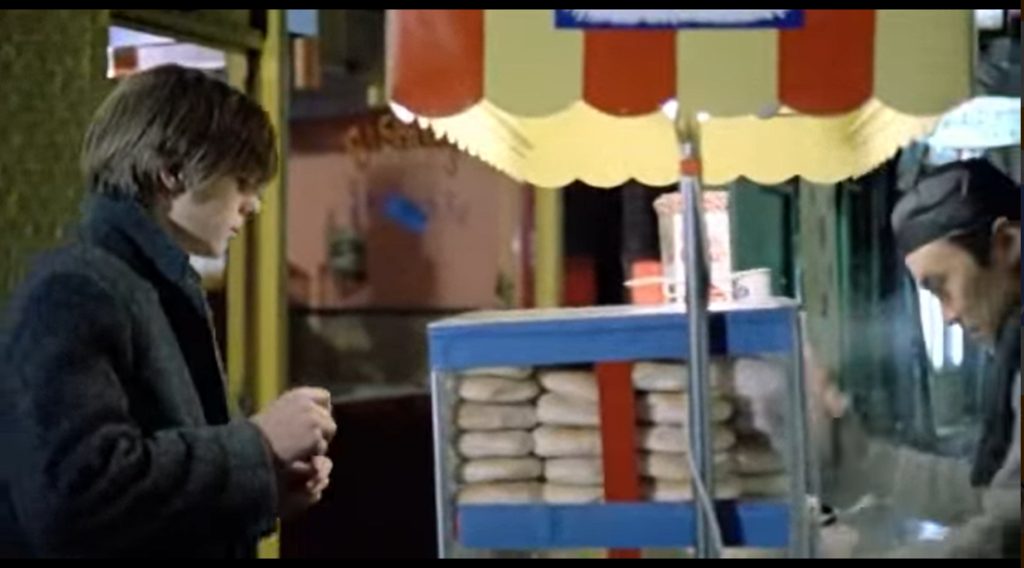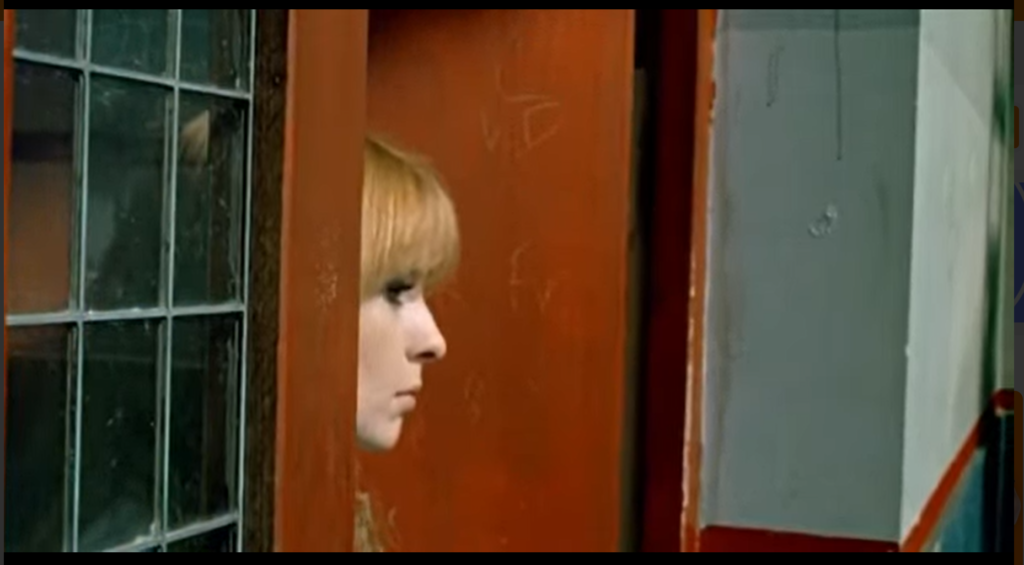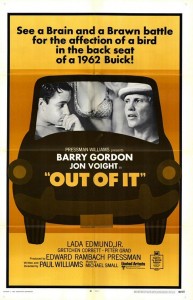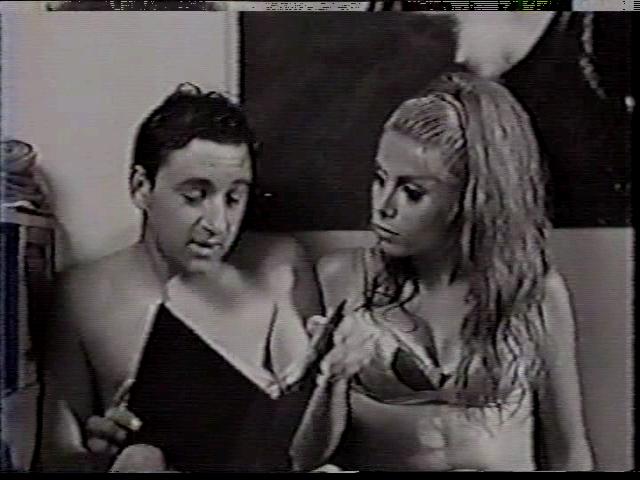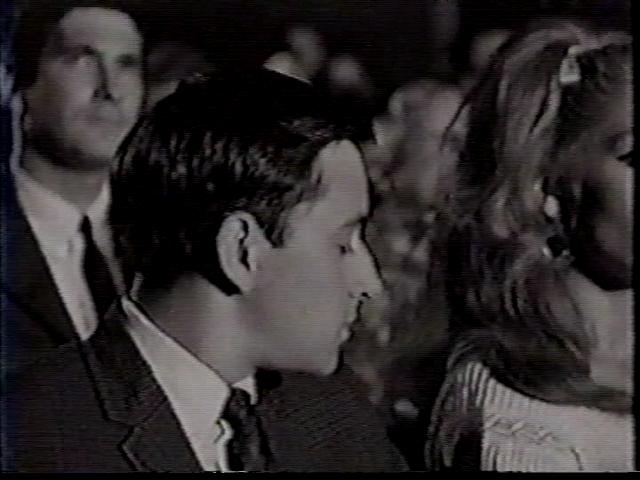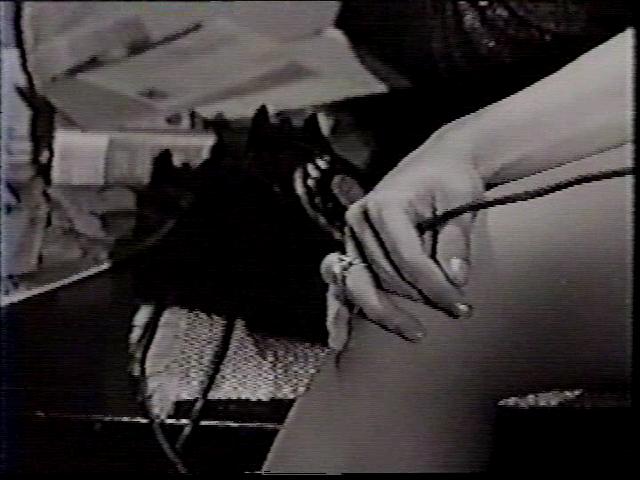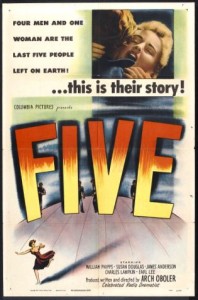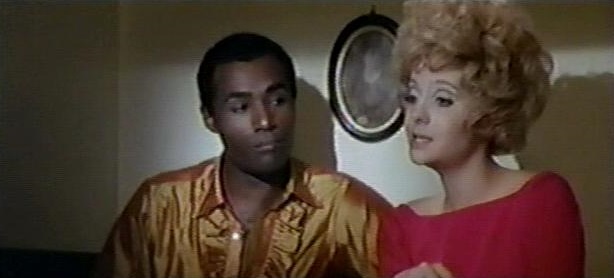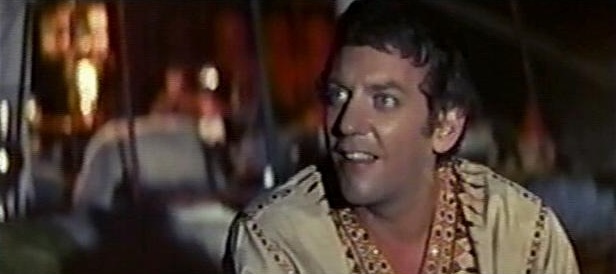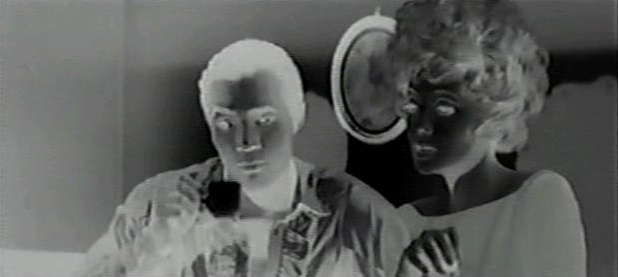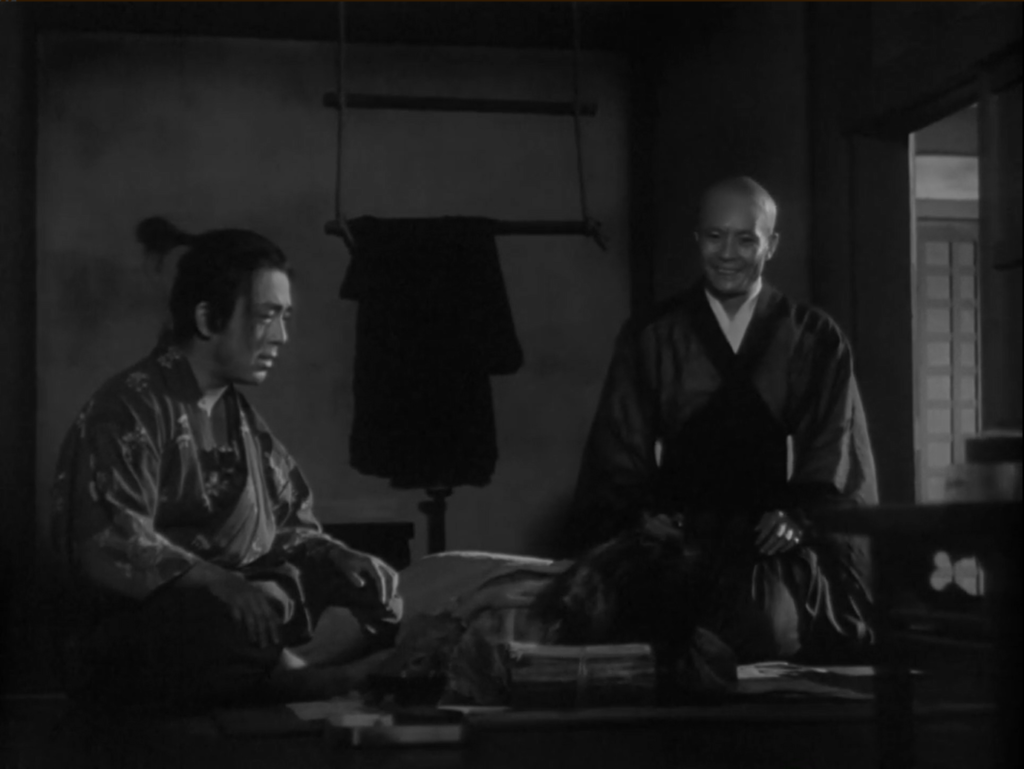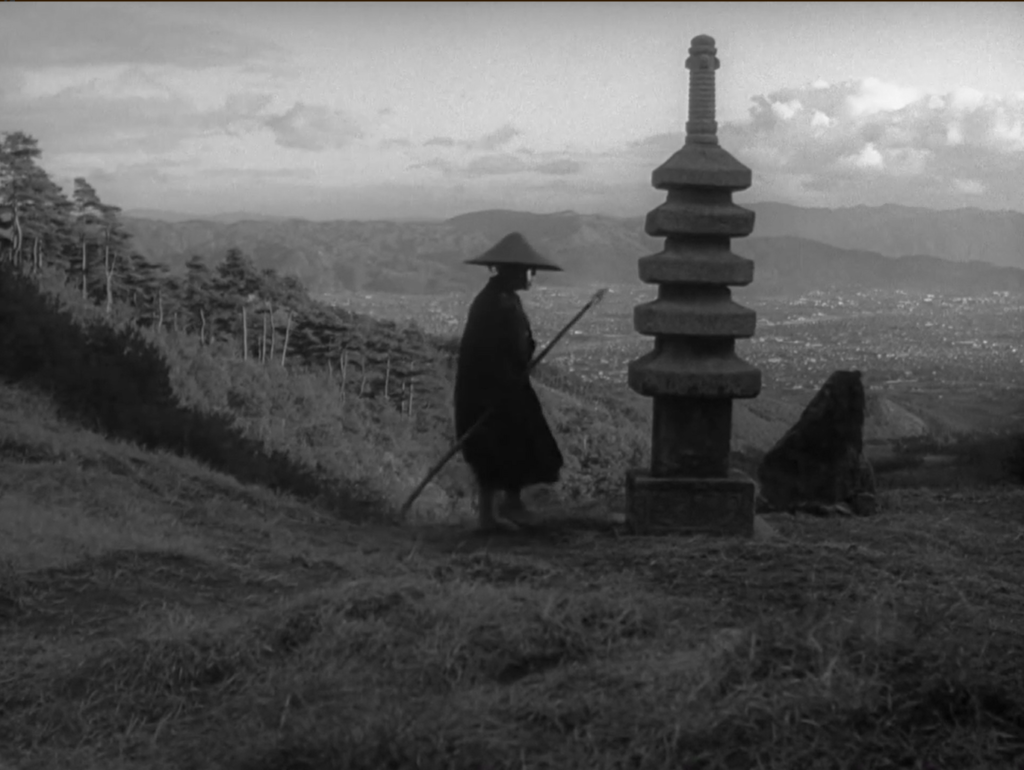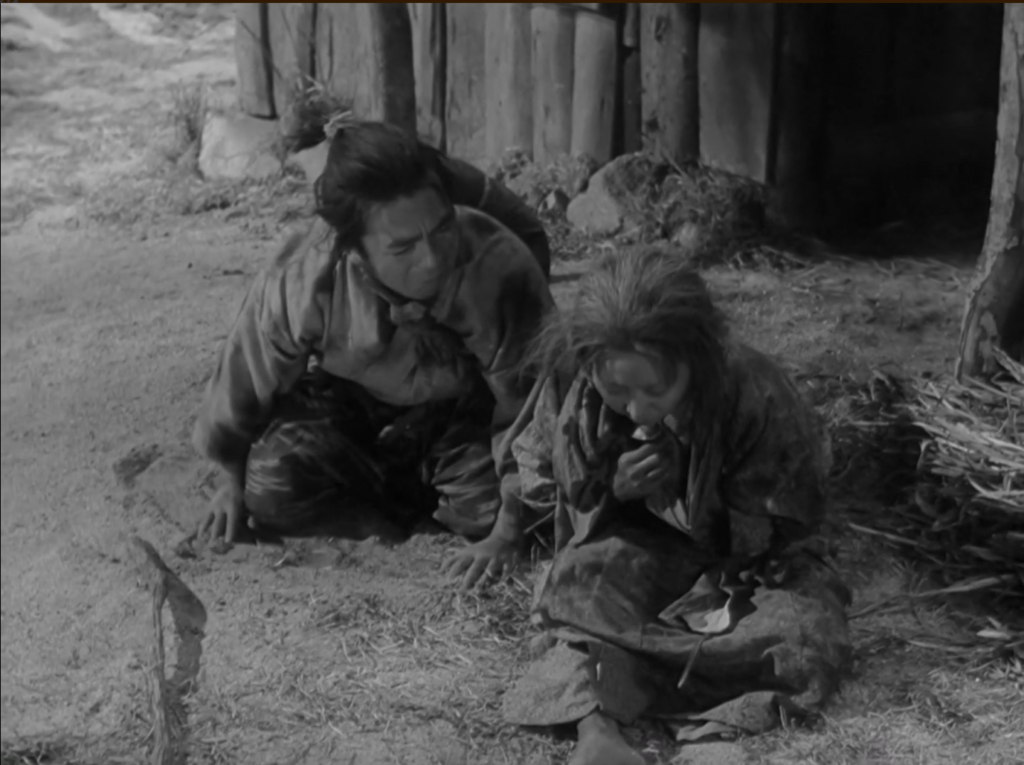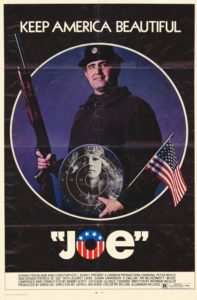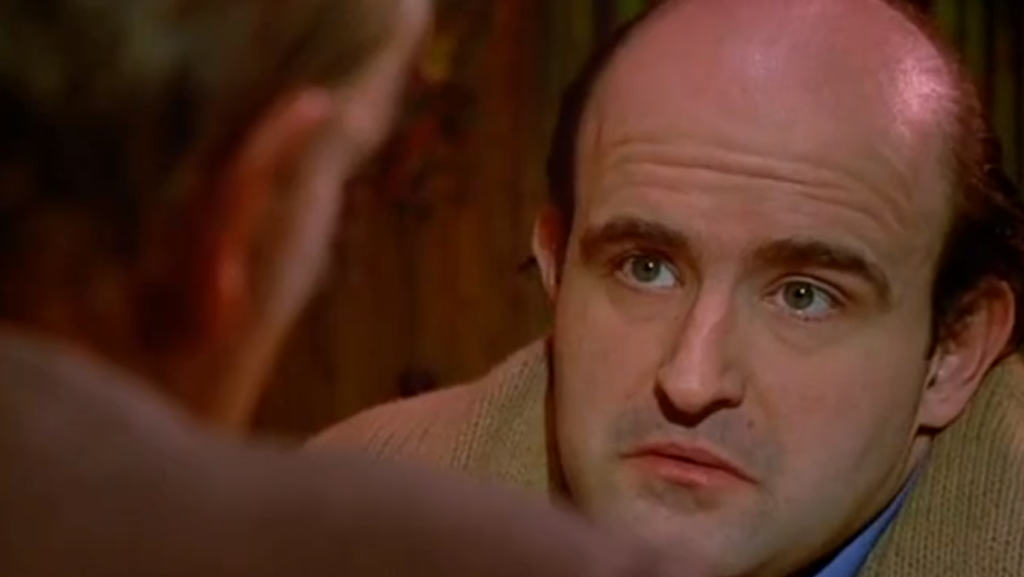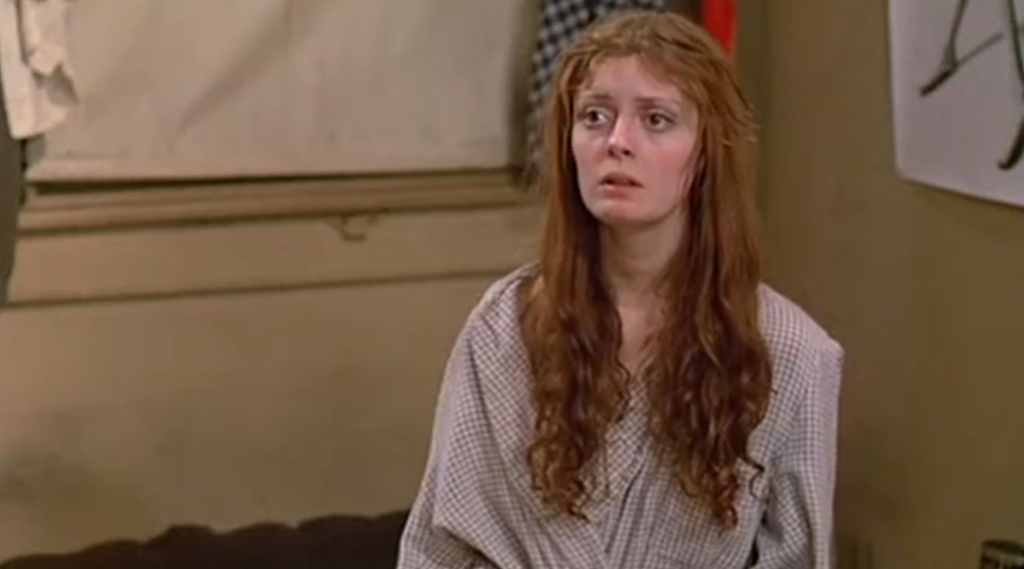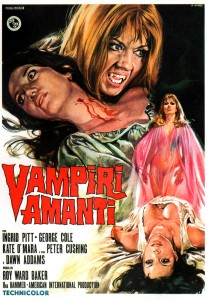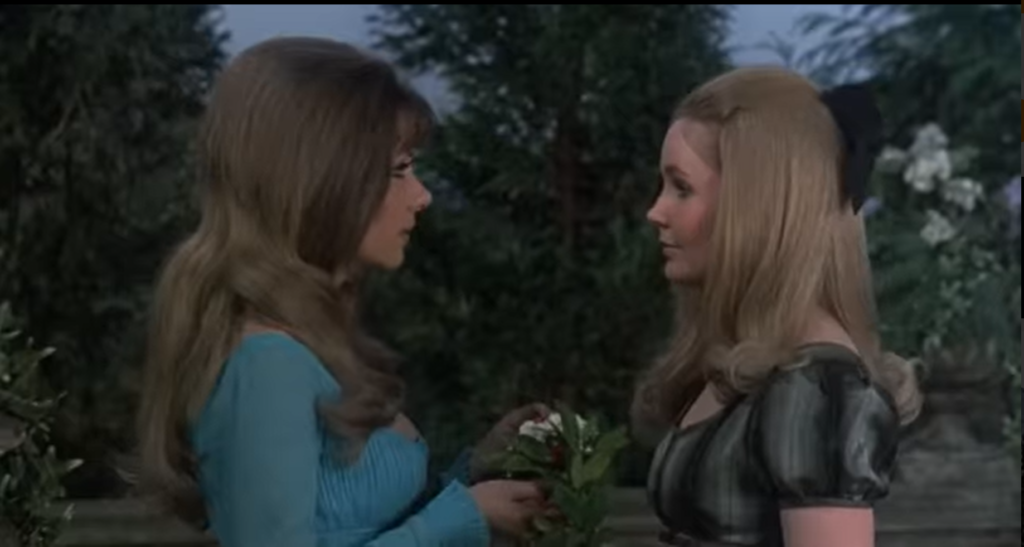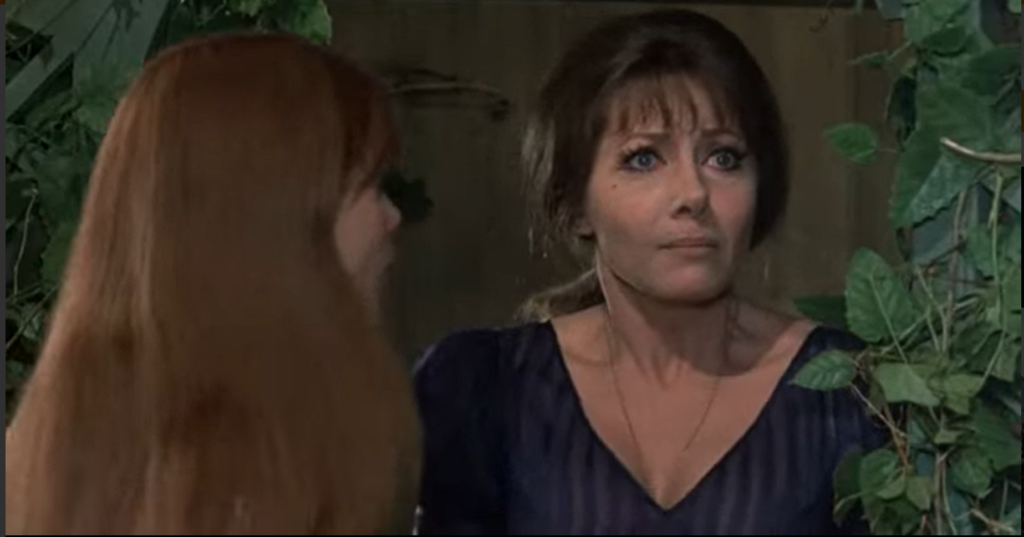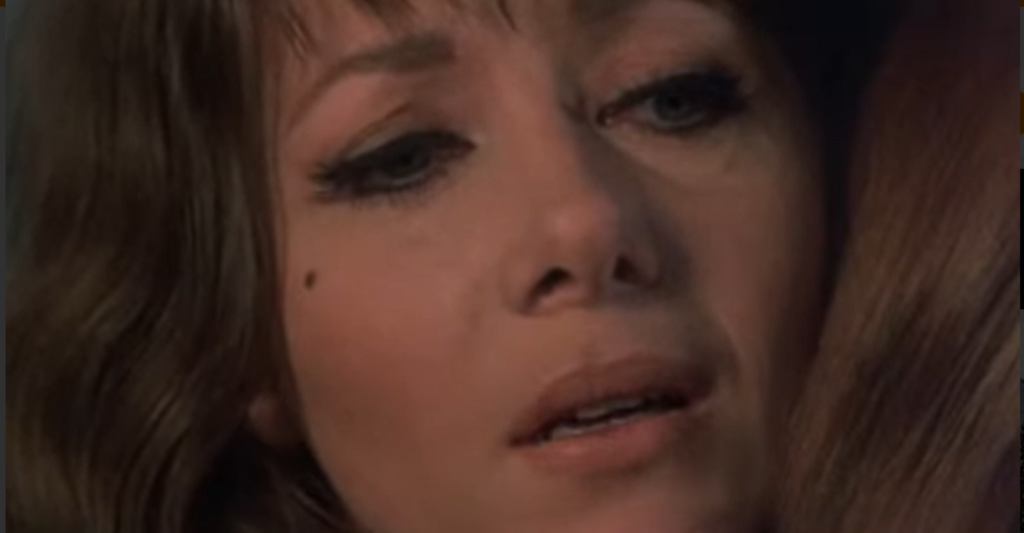“Possession? Insanity? Fragmented ego? Are you trying to tell me that my brother is so weak and so vulnerable that he can be invaded from the outside by a maniac who is dead? I refuse to believe it!”
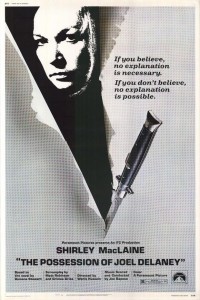
Synopsis:
Spoiled socialite Norah Benson (Shirley MacLaine) is puzzled by the uncharacteristically cruel and erratic behavior of her brother Joel (Perry King). Eventually, Norah finds herself investigating the possible “possession” of Joel’s body by the soul of his deceased psychotic friend, and defending her children against Joel’s homicidal behavior.
Genres, Themes, Actors, and Directors:
- Amateur Sleuths
- Class Relations
- New York
- Possession
- Psychological Horror
- Serial Killers
- Shirley MacLaine Films
Response to Peary’s Review:
As Peary notes, this “neglected film is one of the creepiest psychological thrillers” ever made. Shirley MacLaine turns in a nuanced performance as a wealthy socialite who must delve into the “underworld” of New York to investigate the mystery of her beloved brother’s freaky behavior.

More commonly known as a comedic actress, MacLaine shows true depth of characterization here — notice the tiny details of her performance, such as the distracted way she snatches the train tickets out of a station clerk’s hand as she rushes to take her children to safety. The final scene — much discussed in IMDb and elsewhere due to the explicit torture of children presented, as well as full-frontal nudity of a ten-year-old boy — remains disturbing, but in keeping with the general tone of the story.
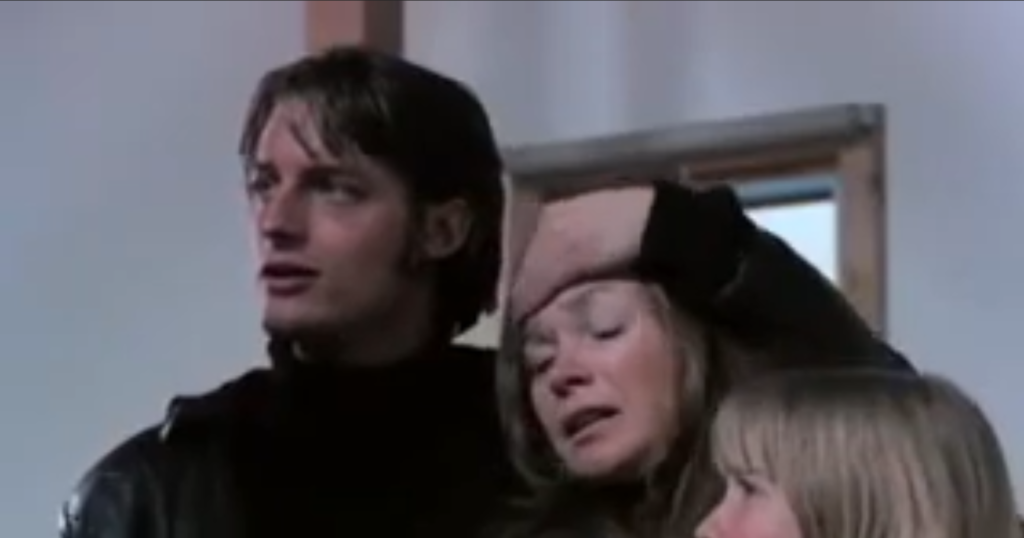
Redeeming Qualities:
- Shirley MacLaine as Norah Benson
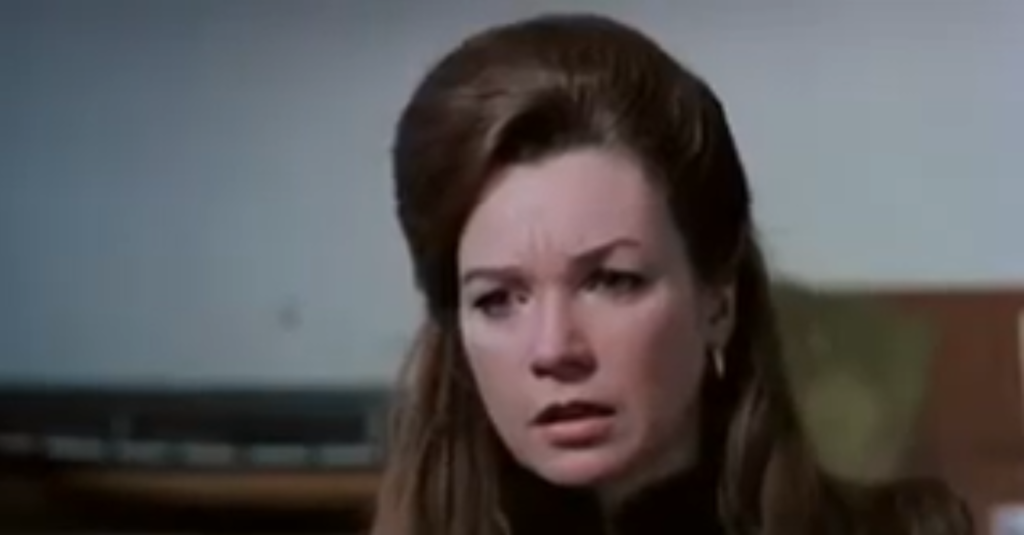
- Miriam Colon as MacLaine’s maid, Veronica
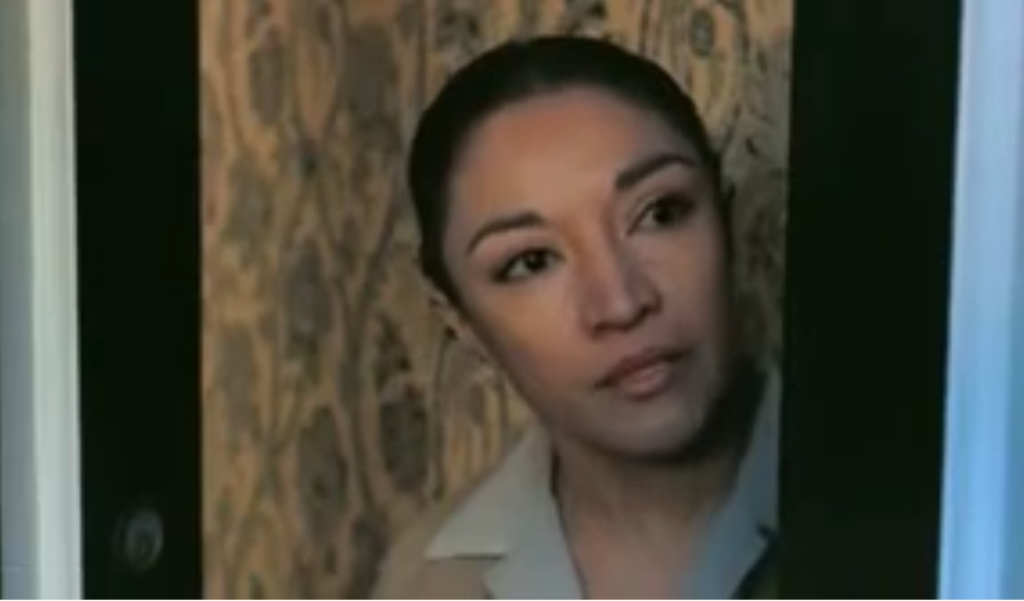
- One of the better cinematic portrayals of “possession” — especially the intense spiritual seance held in the apartment of Puerto Rican New Yorkers
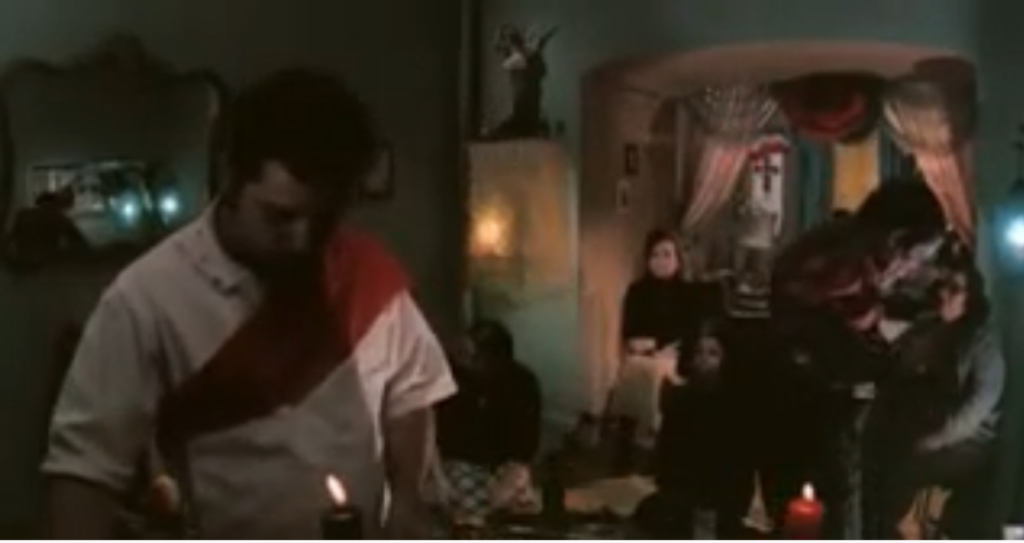
Must See?
Yes, for MacLaine’s excellent performance (which Peary nominates as one of the best of the year in his Alternate Oscars).
Categories
- Noteworthy Performance(s)
Links:
